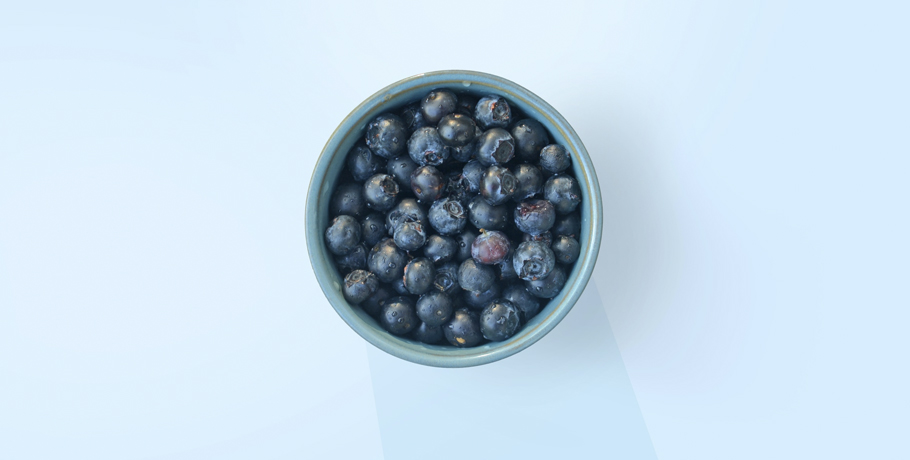
Antioxidants are substances that can donate electrons to other molecules, which helps to neutralize harmful substances called free radicals. Free radicals are atoms or molecules that have an unpaired electron in their outermost shell, making them highly reactive and unstable. They can cause damage to cells and tissues in the body by reacting with important cellular components such as DNA, proteins, and lipids.
Antioxidants work by donating an electron to a free radical, which helps to neutralize it and prevent it from causing damage. This process is known as "redox" (reduction-oxidation) reactions, and it involves the transfer of electrons from one molecule to another. When an antioxidant donates an electron to a free radical, it becomes a more stable molecule and is no longer able to cause harm.
There are many different types of antioxidants that can help to protect the body from the harmful effects of free radicals. These include vitamins (such as vitamin C and vitamin E), minerals (such as selenium and zinc), and plant compounds (such as flavonoids and polyphenols). Antioxidants can be found in a variety of foods, like fruits. They can also be taken as supplements.
